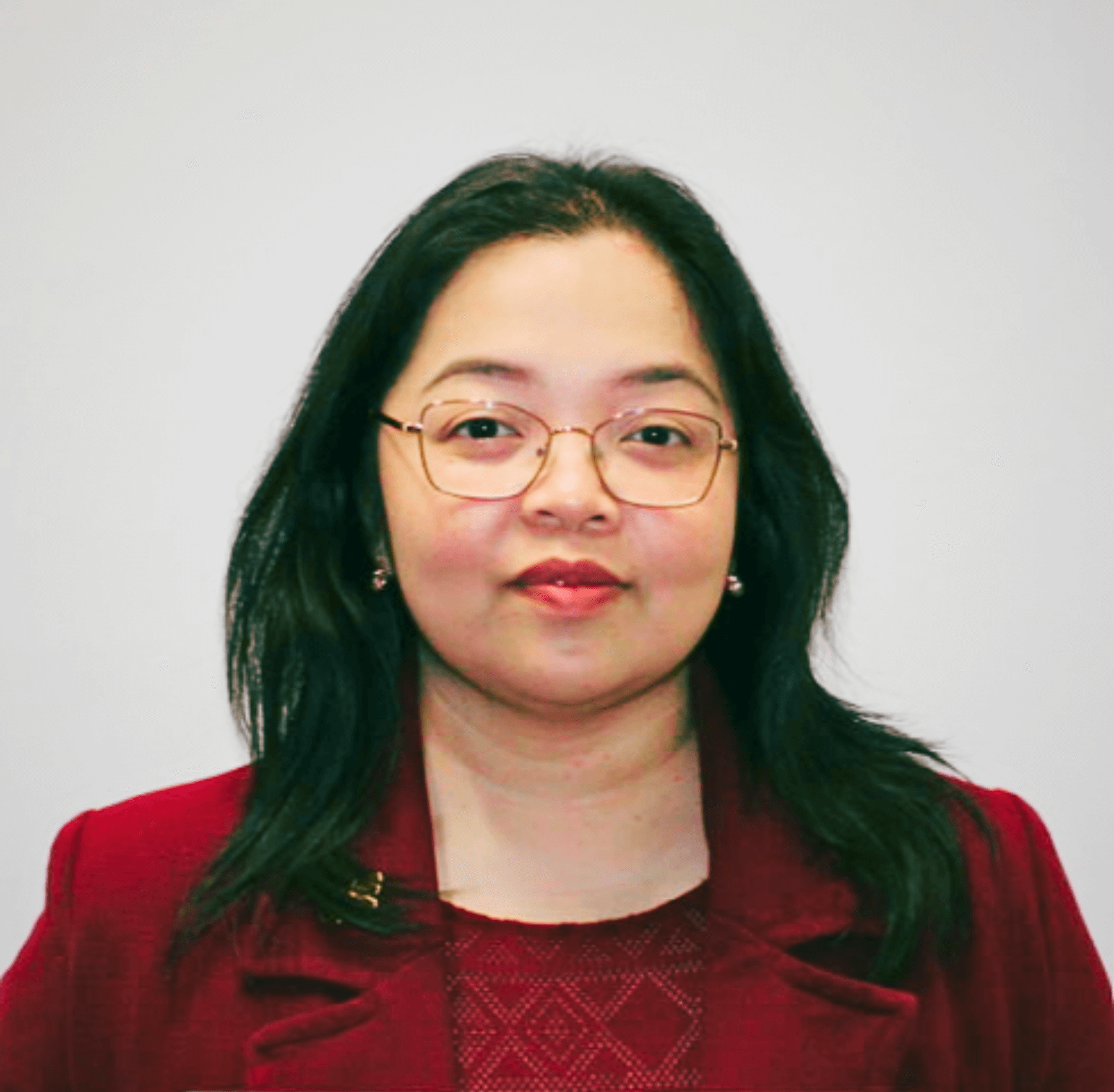
Cambridge ward

Karla Lugatiman – 2025
Karla Lugatiman – Cambridge Ward
1. Operational Deficits and Borrowing (maximum 100 words)
Waipā is currently running operational deficits over three years, which reduces the annual rates increase by around 4%. To fund this gap, the council is borrowing an average of $8 million per year.
a. Were you aware of this funding strategy?
Yes, I am aware of this strategy.
b. Do you agree with the approach of borrowing to fund operational shortfalls as prudent rather than raising rates to fully fund current operations? Why or why not?
With my background in financial stewardship and business operations, I know that borrowing funds may ease pressure in the short term, but I believe that it is not sustainable long-term. Council should be more transparent with ratepayers, ensuring every dollar is spent wisely. I am more in favour of a balanced approach, where we review operational costs, cut inefficiencies and prioritise core services before increasing debt further. If borrowing cannot be avoided completely, it must be linked to future benefits that deliver real value for Waipa ratepayers.
2. Ahu Ake – Waipā Community Spatial Plan (maximum 100 words)
The council has adopted the “Ahu Ake – Waipā Community Spatial Plan” as a long-term vision to guide growth and infrastructure planning.
a. Do you support the direction and priorities set out in Ahu Ake?
b. Given that the plan proposes a number of costly studies how would you ensure that it remains relevant, affordable, and aligned with community needs over time?
I support the direction of Ahu Ake as it gives Waipa a clear long-term vision for growth and sustainability, but I believe that plans must stay grounded to what is realistic and practical. Costly studies should only proceed if they are directly relevant, affordable and meet our community needs. I would support having cycles of staged reviews and community feedback to ensure that the plan remains aligned with Waipa residents’ priorities. My experience in healthcare and business has taught me to evaluate big plans strategically, but also to focus on the outcomes that are practical, achievable and beneficial for people.
3. Cambridge Connections (maximum 100 words)
The Cambridge Connections project reset proposes a transport network realignment and new infrastructure development around Cambridge, with potential long-term cost across the district and land use implications as well as extensive consultation.
a. Do you support the scale and scope of the Cambridge Connections project as currently proposed?
b. How should costs and impacts be managed to ensure fairness to ratepayers and affected communities?
Cambridge definitely needs fit-for-purpose transport solutions. I support the intent of Cambridge Connections, but I believe that the scale and cost must be carefully managed. We are aware that growth is real, but we cannot unfairly burden ratepayers. The impacts of this project on our local community must be reviewed and addressed through fair consultations. With my background in systems planning and community engagement, I will ensure that projects like this deliver safe, efficient transport networks while making sure that we stay within our financial limits and being transparent about its impact to the people of Waipa.
4. Council Expenditure and Core Services (maximum 100 words)
a. In your view, is Waipā District Council currently limiting its spending to basic or essential services?
b. If elected, would you support a review of current expenditure with a view to reducing non-essential costs and/or staffing levels?
With my background in business and finance, I support wise stewardship, getting the basics right before committing to the extras. Ratepayers deserve to know their money is managed and utilised prudently and transparently. As the people’s representative in the community, council has a responsibility to ensure that essential services are prioritised first, such as safe roads, reliable water, effective waste management and community infrastructure. If elected, I would support a review of expenditure, with a focus on efficiencies, accountability and reducing non-essential spending. Staffing levels should be regularly evaluated to ensure that community needs are met without unnecessary overheads.
5. Urban Intensification and Tier 1 Status (maximum 50 words)
Waipā must now enable greater housing intensification and density under new rules.
What principles should guide where and how higher-density housing is developed?
I support balanced growth and developments that strengthen communities and provide affordable options for families while keeping the character of Cambridge and the wider Waipa district. Intensification must be guided by fairness, sustainability and livability. Housing should be strategically located near transport, schools and services to avoid pressure on infrastructure.
6. Māori Ward Representation (maximum 50 words)
Waipā established a Māori ward to enhance Māori representation at the council table.
Do you support the continuation of the Māori ward beyond the current term?
Yes, I support continuing the Māori ward. It ensures Māori voices are represented at the decision-making table. Strong relationships with iwi and mana whenua are vital for Waipā’s future, and I believe the Māori ward strengthens community partnership, cultural understanding, and inclusive governance that benefits us all.
7. Community Boards (maximum 50 words)
Do you believe community boards effectively represent community views and provide valuable advice to council? Would you support any changes to their role or powers?
Community boards provide a valuable link between residents and council. I believe they help ensure local voices are heard. I would support a review to strengthen their role, giving boards clearer pathways to influence decisions and ensuring their advice genuinely informs council policy and priorities.
8. Te Ara Wai (maximum 50 words)
What do you think the council should do with the old Bunnings building in Te Awamutu, which it bought to house Te Ara Wai Museum?
The old Bunnings site should remain dedicated to Te Ara Wai, but development must be staged and financially sustainable. It is a chance to showcase Waipā’s heritage, but not at the cost of ratepayers struggling today. Partnerships, grants, and careful planning can make this vision achievable without overspending.
9. Future of Lake Karāpiro Domain (maximum 50 words)
Lake Karāpiro Domain is often referred to as Waipā’s “jewel in the crown”. The site is currently being reviewed under the Reserves Act 1977, and future options may include increased commercial development such as hotel or motel accommodation.
Hamilton City Council now charges outsiders to visit the Gardens, should Waipā do something similar at Karāpiro?
Do you support further commercial development at Lake Karāpiro Domain and/or a visitors’ levy?
Lake Karāpiro is a treasure and must be protected. I support light, sustainable development that enhances its use, but not large-scale commercialisation. A visitors’ levy could be explored carefully, but only if it doesn’t discourage community access. Protecting its natural beauty must come before financial gain.
10. Finally, what is your vision for the Waipā district? (maximum 250 words)
My vision is for a Waipā where families thrive, communities feel connected and growth is managed wisely. Cambridge is one of New Zealand’s fastest-growing towns, and while that brings opportunities, it also brings challenges, such as rising rates, housing pressures, transport needs and protecting our environment. I believe we must focus on three things: wise financial stewardship, stronger community connections and smarter growth. This means ensuring rates are spent carefully on core services, building spaces where people feel they belong, and planning housing and infrastructure that matches our growth. I also care deeply about the health of our environment, from protecting our lakes like Te Koo Utu, to ensuring Lake Karāpiro remains a jewel for generations. Projects like Maungatautari and the Pirongia and Kihikihi cycleways show how we can connect people with nature while promoting healthy living. Waipā’s future also depends on strong community hubs. I support the idea of a new community hub and library in Cambridge, and exploring ways to make council services more accessible to residents in all towns. Above all, I want to be a councillor who listens, prays, plans, and leads with purpose. My background in healthcare, business, finance, and education has prepared me to make sound, people-centred decisions. Together, we can shape a Waipā that is financially sustainable, socially connected, and a place we are proud to call home.








